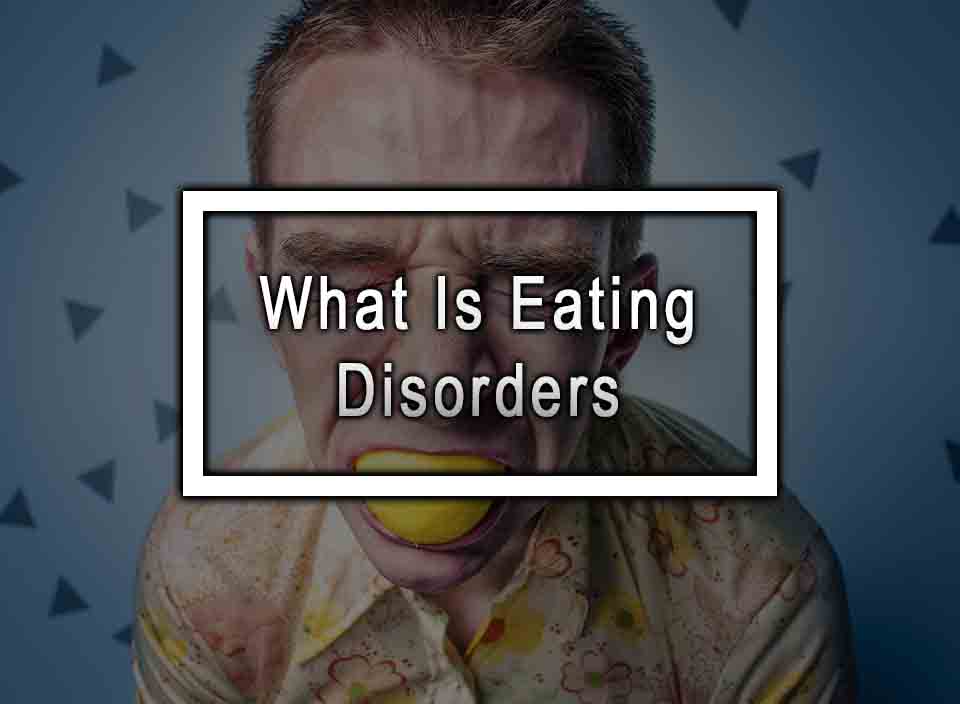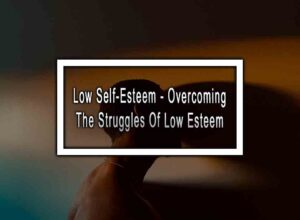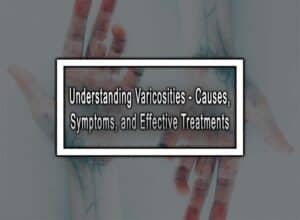What Is Eating Disorders? Eating disorders are among the most common mental health issues that affect people worldwide. They are severe conditions that are characterized by eating habits and patterns that are not usual for normal eating behaviors. These disorders can significantly affect an individual’s physical and mental health, and if not treated, they can lead to severe health complications, such as heart problems, hormonal imbalances, and depression.
Perhaps, the most dangerous aspect of eating disorders is that aside from being life-threatening, they are also often misunderstood. Many people don’t fully understand the various types of eating disorders, their causes, and how they can be treated. This article aims to provide an understanding of what eating disorders are, their causes, symptoms, types of eating disorders, and what you can do to help if you or someone you know is battling these disorders.
Table of Contents
ToggleWhat are Eating Disorders?
Eating disorders are mental illnesses that cause changes in an individual’s eating patterns. They are characterized by severe disturbances in eating habits, such as excessive consumption of food or inadequate intake of food. Eating disorders often coexist with other mental disorders, such as anxiety or depression. Eating disorders may develop as a coping mechanism for negative feelings or emotions, low self-esteem, or a desire to gain control over a particular aspect of life.
Types of Eating Disorders
What Is Eating Disorders? Eating disorders fall into various categories, each with its unique symptoms and characteristics. Here are some of the most common types of eating disorders:
Anorexia Nervosa
Anorexia nervosa is perhaps the most recognized type of eating disorder. It is characterized by obsessive behaviors and thoughts surrounding food, weight, and body shape. People with anorexia often perceive themselves to be overweight, even when they are not and will avoid food or significantly restrict their food intake to the point of emaciation.
Bulimia Nervosa
Bulimia nervosa is another common type of eating disorder. It is characterized by uncontrollable binge eating, accompanied by purgings or other methods of weight loss, such as fasting or excessive exercise.
Binge Eating Disorder
Binge eating disorder is characterized by episodes of out-of-control eating without purging tendencies. It often leads to a feeling of guilt, shame, and distress and can result in other health issues such as diabetes, high blood pressure, or heart disease.
Other Specified Feeding or Eating Disorders
This category of eating disorders includes all other types of eating disorders that cause significant issues but do not meet the strict diagnostic criteria for anorexia nervosa, bulimia nervosa, or binge eating disorder.
Symptoms of Eating Disorders
What Is Eating Disorders? There are several signs and symptoms to look out for in individuals with eating disorders, including:
- Dramatic weight loss or gain
- Obsession with food, calories, nutrition, or cooking
- Avoidance or fear of food or specific foods
- Self-imposed food restrictions or rules
- Abnormal eating patterns or behaviors such as skipping meals or excessive eating
- Anxiety or depression surrounding eating or body shape
- Secretive behaviors or hiding food
- Feeling guilt or shame after eating
- Social withdrawal
- Neglect of self-care or hygiene
Underlying Causes of Eating Disorders
What Is Eating Disorders? Eating disorders are typically caused by several factors, including biological, psychological, and environmental factors. Here are some of the main causes of eating disorders:
- Genetics – Eating disorders may run in families, indicating that there might be a genetic predisposition to these illnesses.
- Societal pressure – Journalistic media, social media, or film industries often depict idealized body types that can lead people to strive for unrealistic beauty standards and cause them to develop eating disorders.
- Trauma and complex issues – Past traumas such as sexual abuse or domestic violence can lead to mental health issues such as eating disorders.
- Low self-esteem – Individuals with low self-esteem may feel powerless in other areas of their lives, which can cause them to develop an eating disorder to regain a sense of control.
- Influence of peers – Young people who perceive peer group pressure to be thin may develop eating disorders.
Conclusion
What Is Eating Disorders? In conclusion, eating disorders are serious mental illnesses that can have significant short and long-term health implications. Early diagnosis, treatment, and support from health care professionals and loved ones are essential in eating disorder recovery. We need to understand that eating disorders are not choices, but illnesses that require support and treatment. By understanding the signs and symptoms of eating disorders and addressing them early, we can take vital steps towards combatting the problem of eating disorders and reducing their influence in our communities.
Eating Disorders FAQ
Here are the most common questions about eating disorders.
What causes eating disorders?
The causes of eating disorders are complex and can include a combination of genetic, environmental, and psychological factors. Risk factors for developing an eating disorder can include negative self-image, dieting behaviors, and cultural pressure to be thin.
What are the symptoms of an eating disorder?
Symptoms of an eating disorder can include restrictive eating, purging behaviors (such as vomiting or using laxatives), excessive exercise, preoccupation with food and weight, and distorted body image.
How are eating disorders diagnosed?
Eating disorders are typically diagnosed by a mental health professional, such as a psychiatrist or psychologist, who will evaluate a person’s symptoms and medical history.
How are eating disorders treated?
Treatment for eating disorders typically involves a combination of therapy, medication, and nutritional counseling. Therapy may include cognitive-behavioral therapy (CBT), dialectical behavior therapy (DBT), or family-based therapy. Medications may be used to address symptoms such as anxiety or depression.
Can eating disorders be cured?
While there is no cure for eating disorders, they can be effectively managed with treatment. With proper care, individuals can learn healthy eating habits and develop a more positive self-image.
What is the outlook for someone with an eating disorder?
The outlook for someone with an eating disorder can vary depending on the severity of their condition and their response to treatment. With proper care and support, many people are able to recover and maintain long-term wellness.
More like this: 5 PTSD Symptoms












